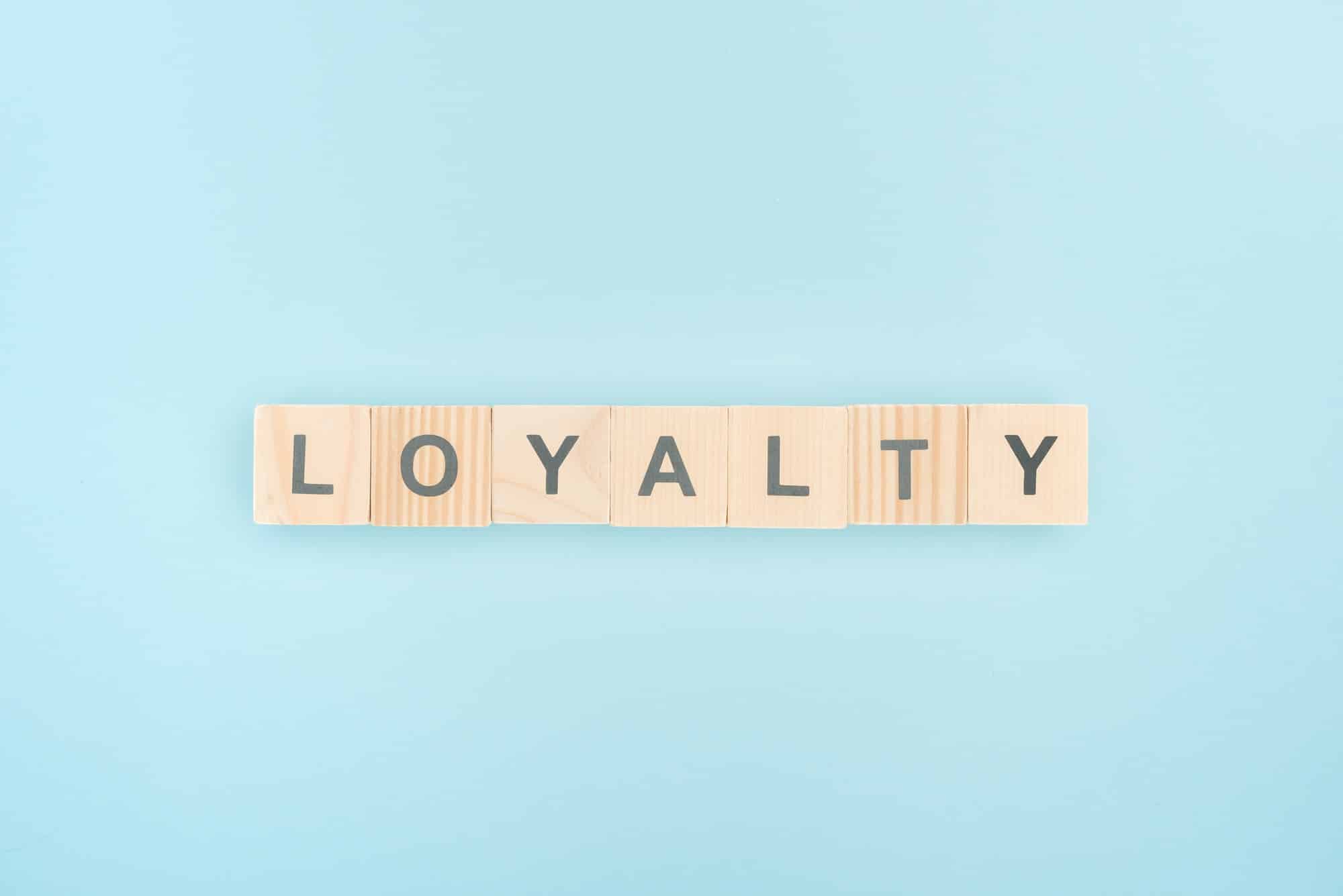How to Create a Customer Loyalty Program for Independent UK Bookstores?

In the rapidly evolving world of business, loyalty is key for any company seeking to thrive and maintain its customer base. The book publishing industry, not exempted from this rule, has seen continuous change and upheaval over the years. Bookstores, especially independent ones, face immense challenges, from the omnipresent threat of online retailers to changing consumer behaviour. Yet, amidst these challenges, they continue to serve as epicentres of knowledge and culture, providing an irreplaceable experience to book lovers. The question, then, is how these small, independent bookstores can cultivate loyalty among their customers? How can they make the most of customer retention strategies like loyalty programs? This article illuminates the process of creating a successful customer loyalty program for independent UK bookstores.
Understanding the Power of Loyalty Programs
Before diving into the ‘how’, it’s essential to understand the ‘why’. A loyalty program is a marketing strategy designed to encourage customers to continue to shop or use the services of a business associated with the program. These schemes have seen considerable success in a variety of sectors, notably hospitality. For instance, hotels have long utilized loyalty points to incentivize guests to become repeat customers. The same principle can be applied to independent bookstores.
A lire aussi : What Are the Steps to Launch a Successful Crowdfunding Campaign for a UK Tech Product?
A well-crafted loyalty program can be a powerful tool for small bookstores. It can encourage customers to choose your store over online alternatives consistently. It also allows you to gather data on customer preferences, which can then guide your book selection, events, and marketing efforts. More importantly, a loyalty program helps foster a community around your bookstore, fortifying your brand’s emotional connection with its customers.
The Components of a Successful Loyalty Program
So what makes a successful loyalty program? For bookstores, the answer lies in understanding their customers and their love for books. Unlike a commodity, a book is a source of entertainment, knowledge, and emotional inspiration. Therefore, the best loyalty programs for bookstores should offer more than just discounted prices or points per purchase.
Sujet a lire : How to Use Chatbots to Improve Customer Support for UK Online Services?
One component could be early access to new releases or author signings, appealing to the customers’ desire for exclusivity. Customized recommendations based on past purchases, or invitations to book clubs and literary events, can add a personal touch. Combining these benefits with a traditional points-based system, where a certain amount of spending equals rewards, can create a balanced and appealing loyalty program.
Implementing and Marketing the Loyalty Program
Having designed the loyalty program, the next step is implementation. Utilize your online and offline presence to promote the program. Train your staff to inform customers about it, highlighting the benefits. Moreover, consider partnering with local authors or publishers for exclusive events or deals. Leverage social media, mailing lists, and your website to spread the word and keep customers updated on their points and rewards.
It’s also important to ensure the program is easy to join and use. A complicated sign-up process or confusing points system will deter customers. Consider developing a mobile app or integrating the program with an existing platform to streamline the process and provide a user-friendly experience.
Continually Refining the Program
Once launched, the work isn’t over. A loyalty program needs continuous refinement to stay relevant and effective. Monitor the program’s success through customer feedback and data analysis. Are customers participating? Are they redeeming their points? What aspects of the program do they appreciate the most? Such insights will guide you in tweaking the program to better suit your customers’ preferences and needs.
Adapting Fiction Bookstores’ Loyalty Programs
For independent bookstores focusing on fiction, implementing a loyalty program demands a slight shift in approach. Fiction readers tend to be highly passionate about their favourite genres and authors. They appreciate the discovery of new books matching their tastes. As such, the loyalty program could focus more on personalized recommendations, exclusive author interactions, and genre-specific events. A ‘book of the month’ feature, coupled with members-only book discussions, could further enhance the program, making it truly irresistible for fiction lovers.
In conclusion, a well-crafted loyalty program can be a game-changer for independent UK bookstores. It can provide a competitive edge, cultivating customer loyalty and promoting long-term business sustainability. However, it requires a deep understanding of customers, thoughtful design, effective marketing, continuous refinement, and an unwavering commitment to providing value to the customers.
Harnessing the Power of Social Media for Program Promotion
In today’s digitally-connected age, social media is an invaluable tool for any small business, including independent bookstores. It provides a platform for marketing, customer engagement, and more importantly, promoting your bookstore’s loyalty program.
For most independent bookstores in the UK, a well-executed social media strategy can significantly boost the visibility of their loyalty program. Utilising platforms such as Facebook, Instagram, and Twitter, bookstores can highlight the benefits of their loyalty card to a wider audience. Regular posts about the program, combined with engaging content like book reviews, author interviews, and upcoming events, can help keep the program top of mind for customers.
Another advantage of social media is its potential for targeted promotion. By using data collected from your loyalty program, you can tailor your social media posts to different segments of your customer base. For instance, you could promote a children’s book award to parents who have purchased children’s books in the past. Similarly, you could inform fans of a particular author about an upcoming book signing or new release.
Lastly, social media can also encourage customer participation in the program. Engagement features like polls or questions can be used to gather customer feedback about the program. Similarly, interactive posts like book quizzes or reading challenges can help foster a sense of community among your loyalty program members. Remember, the key here is to keep the content relevant, engaging, and consistent.
Nurturing a Personalized Guest Experience
Arguably, one of the most significant advantages that independent bookstores have over large retailers or online platforms like Amazon or Barnes & Noble is their ability to provide a personalized guest experience. This feature can be effectively leveraged to enhance the success of your loyalty program.
A personalized guest experience involves knowing your customer’s preferences, addressing them by name, and tailoring your recommendations and services to their tastes. This can be achieved by integrating a customer relationship management (CRM) system with your loyalty program. With the relevant customer data at your fingertips, you can offer a highly personalized service, from book suggestions to event invitations.
For instance, if a customer has a history of purchasing Penguin Random House publications, you could inform them about upcoming releases from the publisher. Similarly, if a customer regularly buys crime fiction, you could recommend new titles in that genre or invite them to a book club discussion centred around crime novels.
Moreover, acknowledging customers’ milestones in the loyalty program can also add a personal touch. Celebrating a customer’s ‘anniversary’ of joining the program or reaching a certain number of points can make them feel valued and appreciated, thereby enhancing their loyalty.
In conclusion, creating a successful loyalty program for independent UK bookstores involves a combination of strategic planning, effective marketing, personalized service, and continuous refinement. While the journey may be challenging, the payoff in terms of customer loyalty and increased sales can be substantial. So take the leap, and start planning your loyalty program today!
